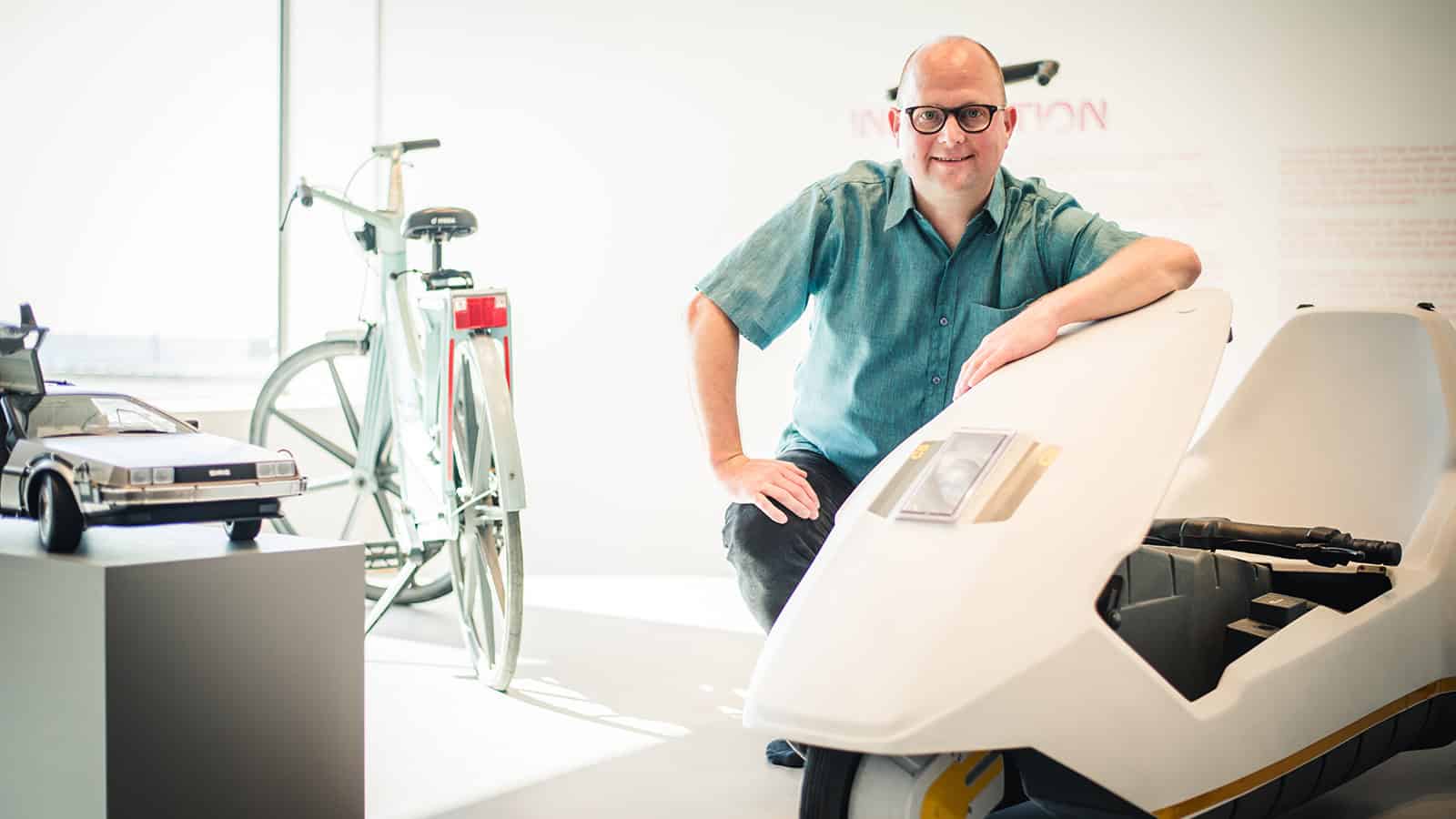Top of the flops
The Museum of Failure, a collection of commercial mistakes.
by MAIZE

Organizational psychologist Samuel West, believes that we shouldn’t be afraid of failure, and that we should rather celebrate it. In 2007, West launched his first Museum of Failure exhibit in southern Sweden as a “fun summer project,” and has since expanded it with showings in Los Angeles, Shanghai, Milan, Copenhagen, and Toronto, with future exhibits planned for 2021 in San Francisco, Taipei, and Saint-Étienne. The collection includes more than 140 artifacts, with the exhibit curated to about 100 items or less, depending on the space, to cater to local cultural norms and interests.
“Failure is the deviation from expected or desired outcomes,” he says, adding that he includes an object in the collection only if it has been both a failure and an example of innovation. Initially, West found objects on eBay, collector sites, and obscure forums. Today, most of the items are donated. He recently received a Sony Dash (a “failed iPad”) and is now deciding if it will fit in the collection.
West worked as a clinical psychologist for 10 years before getting into organizational psychology and founding the museum. His training and workshops aimed to help organizations boost creativity and innovation, and it was in this work that he realized how difficult it is for organizations to deal with failure. He says the museum’s collection is a powerful way to communicate the importance of accepting and learning from failure. His research and work with clients are focused on creating climates for innovation by encouraging experimentation and exploration: “Putting a spotlight on failure is important now, more than ever.”
“We take progress and innovation for granted,” says West. “If people are afraid of failing, innovation is going to be blocked. The museum sort of grew out of that frustration—hey, why doesn’t failure get the attention that it deserves?”
If we are willing to talk about failure, that is the first step to learning from it. West notes that if people can appreciate and maybe even laugh at the major failures of some of the world’s most successful companies, then they might be more likely to try a crazy idea themselves or at their companies. He says it’s fascinating to watch people view failed products at the exhibit, from brands that they recognize, almost as if they are relieved that if these companies failed, it’s ok for them to fail, too.
“There’s some sort of hesitation, because failure hurts. It costs money; it costs prestige. It costs resources. We’d much rather pretend that it never happened. And I just think that’s a waste. It’s a waste of a learning opportunity,” says West. “Everything you know, everything I know, we’ve learned because of failure. I mean, just about anything that is important in life you know because you screwed up when you tried it the first time.”




